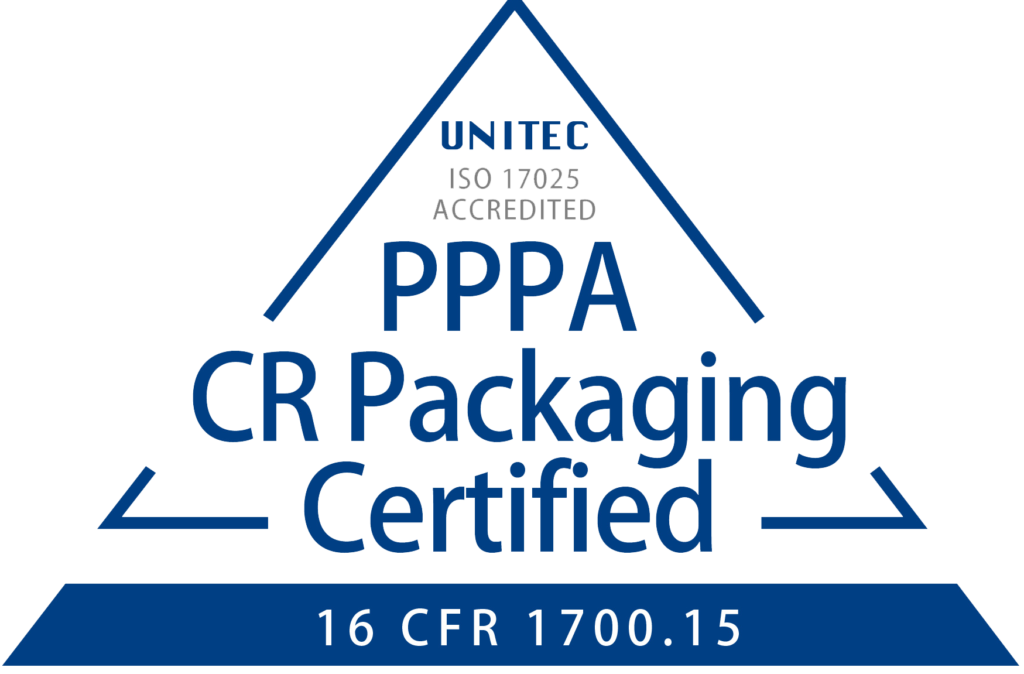Notice: Undefined index: icon in /home/bshmj6wo9j67/public_html/wp-content/plugins/elementor/includes/widgets/icon-box.php on line 695
Notice: Undefined index: icon in /home/bshmj6wo9j67/public_html/wp-content/plugins/elementor/includes/widgets/icon-box.php on line 708
Email Address
info@medsupplylab.com
Notice: Undefined index: icon in /home/bshmj6wo9j67/public_html/wp-content/plugins/elementor/includes/widgets/icon-box.php on line 695
Notice: Undefined index: icon in /home/bshmj6wo9j67/public_html/wp-content/plugins/elementor/includes/widgets/icon-box.php on line 708
New customer?
Start Here

